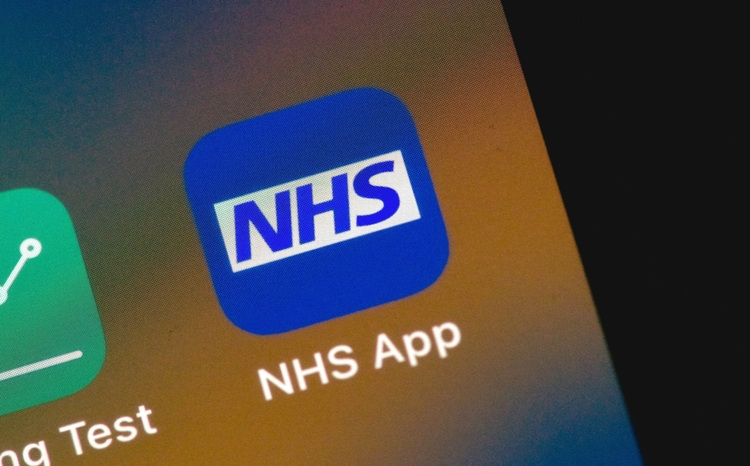Boomers lead on personal health records
- 1 March 2010
![]() Coverage from HIMSS10
Coverage from HIMSS10
Personal health records have become a reality for millions of Americans, the Healthcare Information and Management Systems Society’s annual conference has heard.
A symposium ahead of the giant event in Atlanta, Georgia, was told that patients are already using PHRs to order medications, securely email their doctor and better manage their healthcare.
The leaders in the fast emerging field are integrated health delivery network Kaiser Permanente, the US Veterans Association, and health plan provider Aetna. Between them, they now provide more than 10m PHRs.
While Microsoft HealthVault and Google Health may grab the headlines, Kaiser and the VA have now have PHR systems that are fast maturing and reaching a critical mass. Aetna, meanwhile, provides more than 100,00 employers with PHRs for their employees.
Speaking at a PHR Symposium at HIMSS10, speakers from the three organisations said that although research remained “basically number counting”, they were finding strong demand from patients and showing real benefits.
In particular, PHRs are proving powerful tools to empower patients to engage with and take more control of their healthcare, resulting in better and more cost effective outcomes.
Contrary to prevailing wisdom that online records will only appeal to the younger "worried well", they said it is the “ageing baby boomers” – the 50-65 demographic – who are the main users.
Online records are proving particularly popular with people suffering chronic conditions, particularly when they offer key transactional tools like the ability to order prescription refills, or book an appointment.
The trick is to get patients started using them, argued David Fitzgerald of Aetna. “Once they are engaged, the better the results.”
Fitzgerald said that in one month, Aetna’s PHR with built in clinical engine, recorded 150,000 “care considerations”, or health alerts, “75% of which were important or clinically important."
Jan Oldberg, practice leader for the internet services group at Kaiser Permenente, which tightly integrates its PHR to its main electronic health record, said there was now clear evidence that PHRs lead to better motivated patients.
Oldberg added that Kaiser had seen “a drop off in calls and visits where we have PHRs."
Susan Woods, associate national director of e-health with the VA, spoke about the thinking behind MyHealtheVet, currently an “untethered” PHR, that doesn’t tightly tie in to the VA’s acclaimed EHR.
She made clear that the objective was to change healthcare delivery. “We want to adopt new models of care, not just face-to-face.”
Currently, veterans must go through a process of in-person authentication at a VA facility to fully activate their MyHealtheVet, even though this is “a bottleneck, and we know that."
Despite the relatively high hurdle set, there are now 170,000 authenticated users, with 1,300 new authentications every week.
Echoing Fitzgerald, Woods said people quickly became regular users. "Half of users are logging in every month and a third every week or more." The most popular things they want to do are: “manage their medications, manage appointments and have secure email with a clinician."
These top three activities people wanted from the VA’s PHR closely matches research carried out by the Pew Foundation.
However, Woods added “the exciting part is on its way”, with much richer functionality due later this year. “Secure messaging and test results for haematology and chemistry will launch soon."
Although clinicians have expressed fears that online communication would damage the relationship between doctors and patients, Woods says the reverse is true. “They really like it and find it quite personal. You wind up knowing your patients more, not less, even though you don’t see them.”




